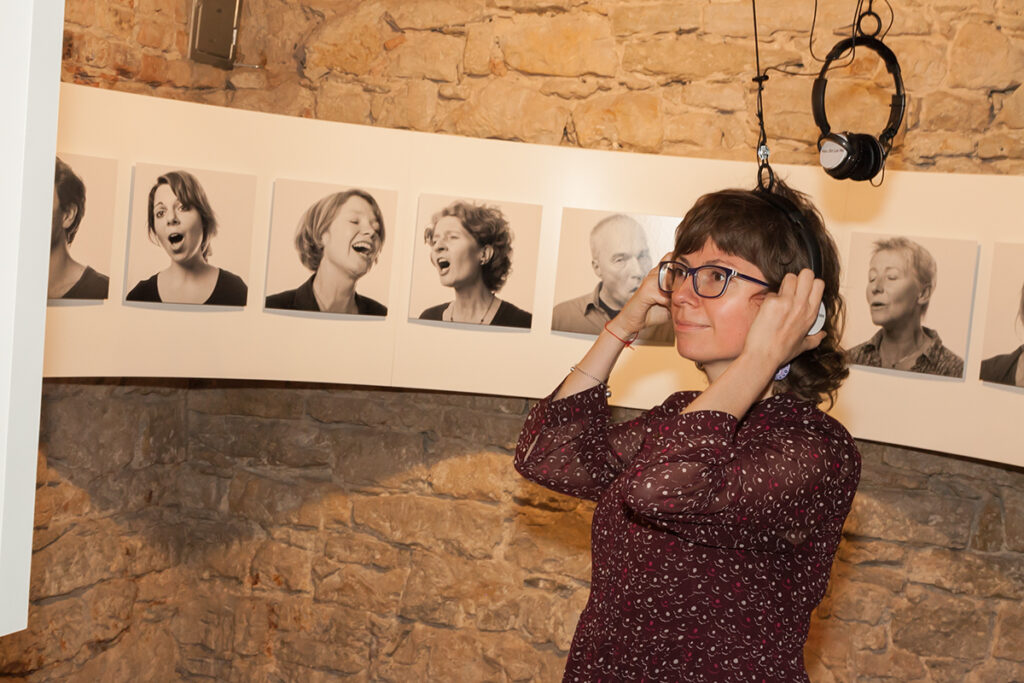Blog
Behind Russia’s “Digital Iron Curtain”, Tech Workarounds Thrive
Questions about the truth in the war in Ukraine within Russian civil society are about to become louder and louder now that the geopolitical lines have not only became visible in realpolitik, but also on the internet. This has been described as the Balkanisation of the internet. Nearly the whole Russian web is censored in order to spread Russia’s perspective on the conflict, creating a “digital iron curtain”. It is claimed that the Western, non-autocratic perspective is all about disseminating misinformation and chaining civil society to the machinery of manipulation. Russia’s mission, on the other hand, is to make clear what the West intentionally misses out by tackling fake news.
GDL member Angelina Davydova’s article focuses on the consequences of the war and how the issue of truth has now surfaced. Russia complains that the background behind Russia’s “special operation” is not published – only the Western perspective on the conflict. Hopes of bringing about change through digital exchange on social media platforms have been dashed by Russia’s moves to block and censure those digital spaces and, furthermore, to digitally isolate Russian civil society. The outcome is no networking and a deeply divided Russian civil society.
Due to cybercrime, the demand for VPNs, as well as encrypted messaging apps, is rising. As a consequence, the sources left – those not being blocked – do not look “credible”. They are suspected of being strategically manipulated along geopolitical lines, even on the web. A petition, which has attracted 35, 000 signatures, has therefore called for global VPN companies to grant free access to Russians.
Governments around the world are attempting to control the operation of tech companies. Therefore, alternatives have to be found in order to guarantee interconnected streams of information, and more precisely freedom of expression. The BBC and Deutsche Welle have developed software to route internet traffic through a network of servers. Some media outlets have set up mirroring websites, while the BBC is providing shortwave broadcastswhich can be heard in Kyiv and parts of Russia.
This “digital iron curtain” has resulted in less trust in the official news. The question is who really has the decision-making power to define what is official and therefore true and what is unofficial and therefore false.
About the author:
Angelina Davydova is an environmental journalist specialized in economic and political aspects of global and Russian climate policy and continuously promotes international cooperation in the environmental and climate fields.
Published on April 14, 2022.
Photo credit: Anne Schönharting
